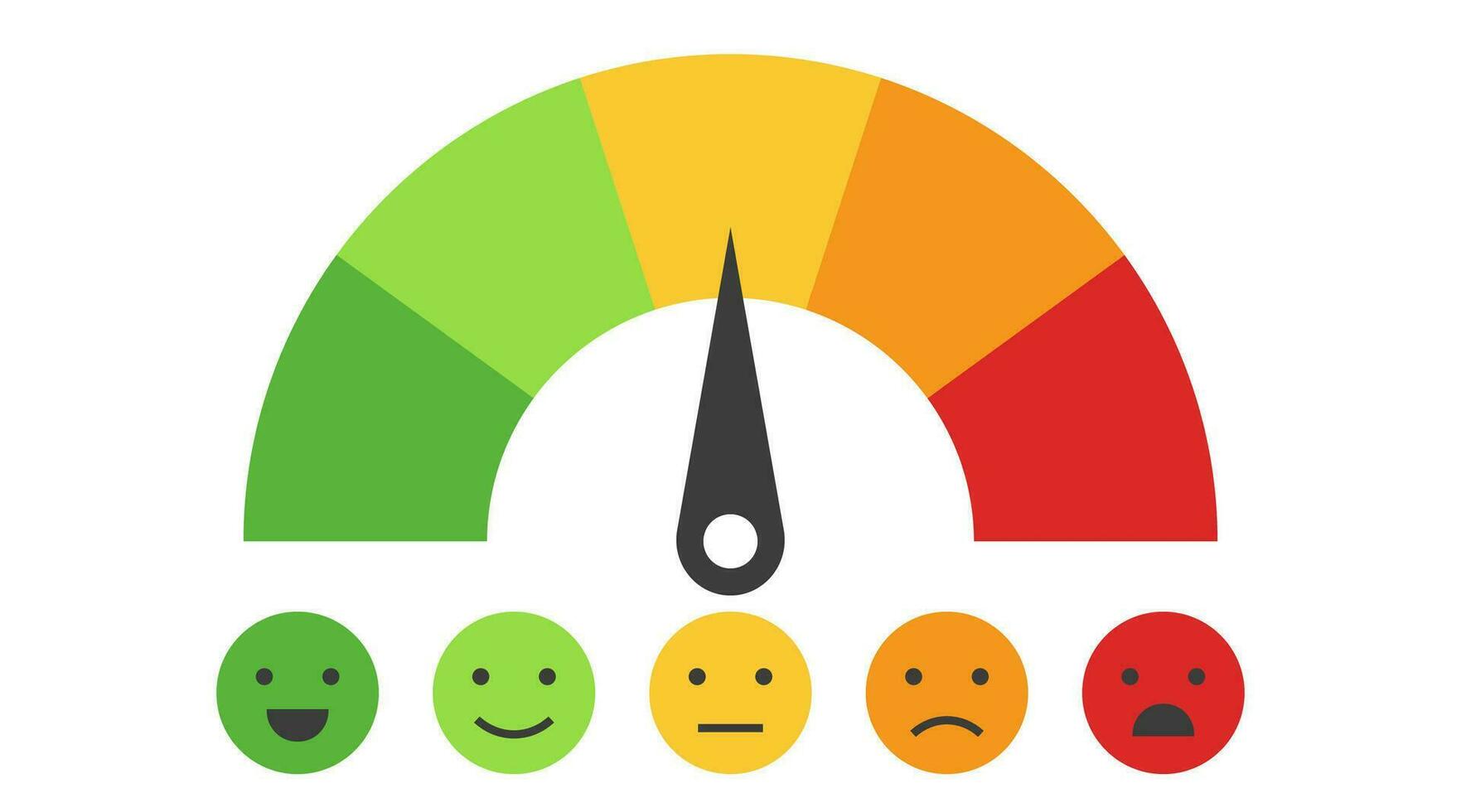World leaders in treatments for people with cognitive-communication disorders (CCD) after traumatic brain injury (TBI).
Members of our team have led 70% of the world’s clinical trials for people with CCD after TBI. This map shows where our team’s research is being used in brain injury clinics and in training speech pathology students around the world.
Current projects:
The Social Brain Toolkit
The Social Brain Toolkit project has developed new online tools to help improve everyday interactions between people with a brain injury and their communication partners. This project is supported by funding from icare NSW, and is being conducted in partnership with the University of Technology Sydney, Brain Injury Australia and Changineers.

convers-ABI-lity
An online platform for people with brain injury and their communication partners to improve conversations together, with the support of a speech pathologist
Coming soon.

social-ABI-lity
An online, self-guided short course for people with brain injury about using social media successfully and safely.
Sign up for the course.

interact-ABI-lity
An online, self-guided short course about how to communicate successfully with people with a brain injury. For family, friends, support workers, and professionals working in brain injury.
Sign up for the course.
Communication for Safe Care Project
This project, a collaboration between South Western Sydney and Western NSW Local Health Districts and the University of Sydney funded by a National Disability Insurance Agency Mainstream Capacity Building Grant, aims to improve health care accessibility for people with communication disabilities by supporting teams to implement practical changes that enhance communication, patient engagement, choice and control, and staff satisfaction.
You can contact the Communication for Safe Care Project Officer on [email protected].

Get involved
To learn more about our current research projects and opportunities to participate, visit the Opportunities section of our website.
Recent publications
-

Feasibility and Reliability of the Adapted Kagan Scales for Rating Conversations for People With Acquired Brain Injury: A Multiphase Iterative Mixed-Methods Design
This study evaluated the clinical feasibility and interrater reliability of the Adapted Measure of Participation…



